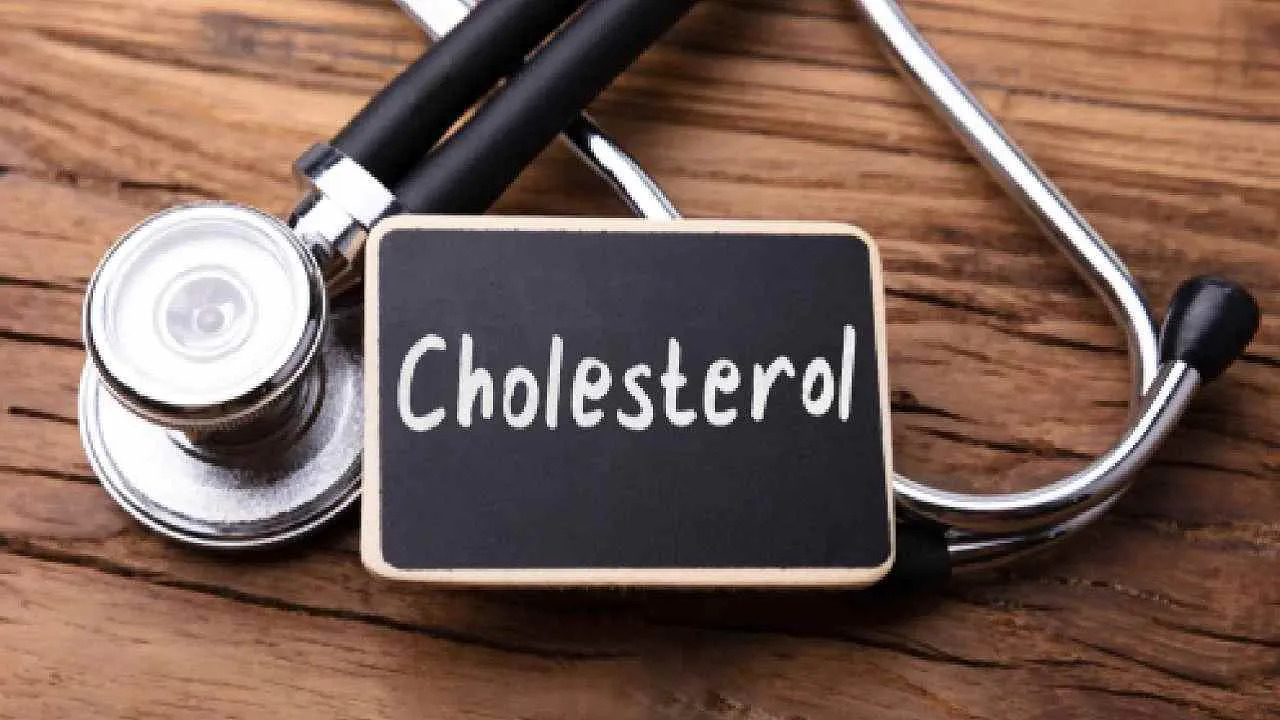Today’s irregular lifestyle and poor eating habits have made the issue of high cholesterol more prevalent. A rise in cholesterol levels can be extremely harmful. A layer of fat begins to build up in the blood cells when the body’s cholesterol level rises, which may impede blood flow. High cholesterol greatly raises the risk of heart-related illnesses including heart attacks and stroke.
But have you ever wondered what causes high cholesterol or why bad cholesterol builds up in the blood? Many people wonder how to lower high cholesterol or what solutions there are to lower cholesterol. High cholesterol can have many causes and risk factors, plus the good thing is that with lifestyle changes, you can easily lower bad cholesterol and raise good cholesterol.
In this regard, Dr. Abhishek Vikram Singh, Director of Infinity Care Hospital Varanasi, explains. Increasing the level of cholesterol in the body increases the risk of many serious diseases like high blood pressure, heart attack, stroke, etc. Resulting in a person can also die. There are two types of cholesterol in the body, one is good cholesterol called HDL cholesterol, and the other is bad cholesterol called LDL cholesterol. Cholesterol is a waxy substance present in our blood that is produced by the liver. When good cholesterol is low and bad cholesterol is high in the blood, our blood vessels get damaged, which increases the risk of serious diseases.
There are several reasons for high cholesterol in the body. Poor lifestyle habits and medical conditions can be responsible for high cholesterol, including…
- Chronic Kidney Disease, Diabetes, Thyroid, HIV AIDS, Lupus etc.
- obesity or high levels of body fat
- reduced physical activity and a sedentary lifestyle
- overuse of certain medical conditions
- High intake of saturated fat or trans fat such as junk, processed and packaged food
- Excessive consumption of alcohol and smoking.
- Liver disease or poor liver function
There are some primary diseases due to high cholesterol like,
- Coronary Heart Disease – In this the biggest risk of high cholesterol is coronary heart disease, due to which a person can suffer a heart attack and die. If your cholesterol level is also very high, then this fatty element will start accumulating in your veins and you may become a victim of problems like heart attack and stroke.
- Heart stroke – Cholesterol plaques not only build up in the blood vessels in and around your heart, but they also work to narrow some of the veins leading to your brain. If the vein that supplies blood to your brain gets blocked, you are bound to have a stroke.
- Peripheral vascular disease – In addition to your heart and brain, Cholesterol may build up on your feet, the outside of your heart, and the brain. Despite the prevalence of feet and soles, you could get discomfort or cramping in your legs as a result. However, you will feel completely well when you have rested.
- Diabetes – Diabetes works by disturbing the balance between the good cholesterol i.e. HDL and LDL, also known as bad cholesterol. People who are diabetic tend to get LDL deposits in their arteries and the blood vessels get damaged easily.
- High blood pressure – Cholesterol levels and high blood pressure are interrelated. High cholesterol causes the production of certain hormones that make the veins stiff and constrictive, as well as an increase in inflammation. The result is an increase in blood pressure.
For diagnosis of high cholesterol blood test is done to check the cholesterol level. Which is called a lipid panel or lipid profile. For the most accurate test, do not eat or drink anything except water for nine to twelve hours before the blood sample is taken.
Do regular exercise to reduce cholesterol. You can engage in simple workouts like cycling, swimming, jogging, and walking. You may also do yoga. Strictly avoid alcohol and smoking. Eat a balanced, nutritious diet and abstain from bad food choices. Dine at home instead of going out to eat. Include fruits and veggies in your diet. Control your diabetes, weight, and obesity. Ensure the liver is in good shape. minimize your salt intake.




